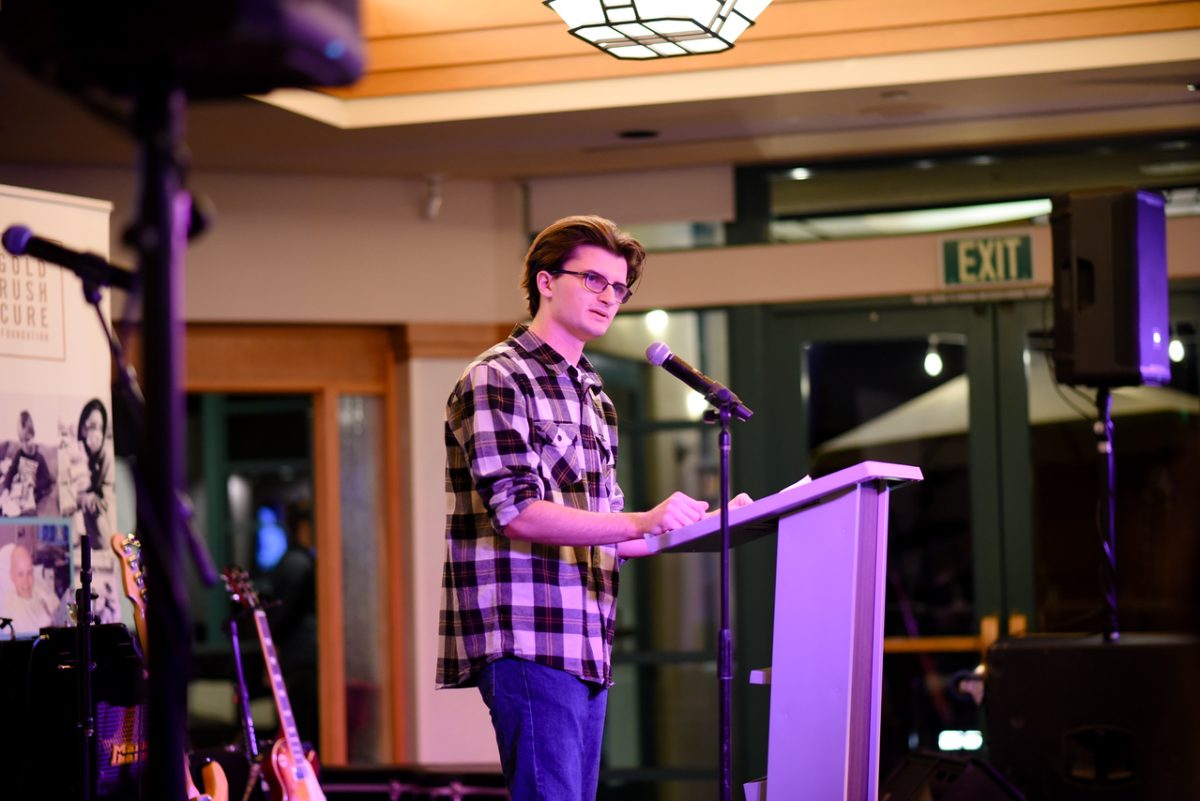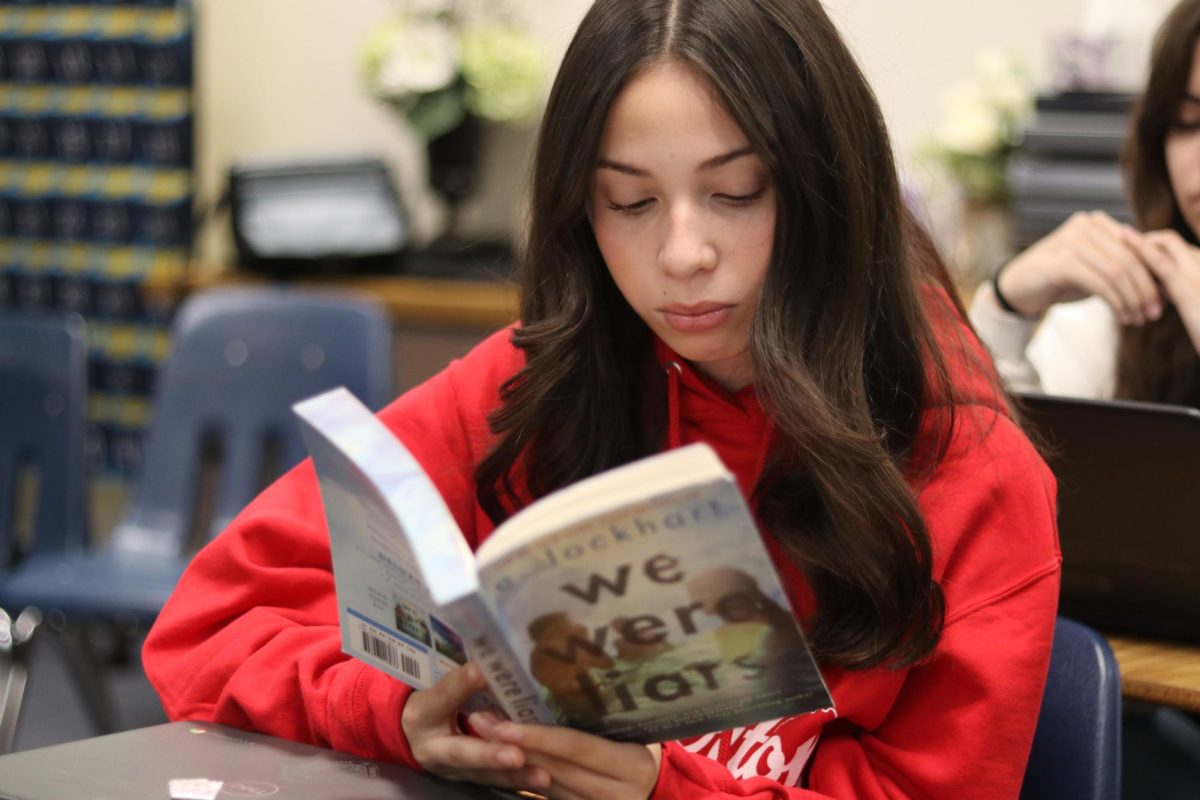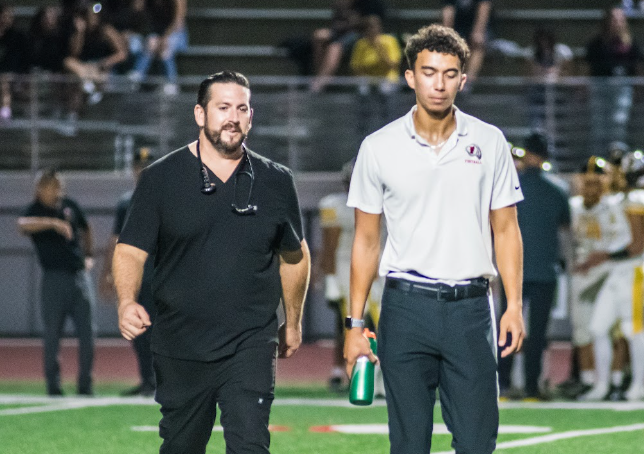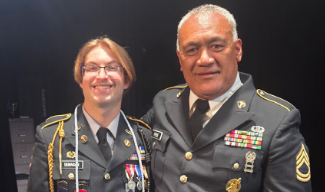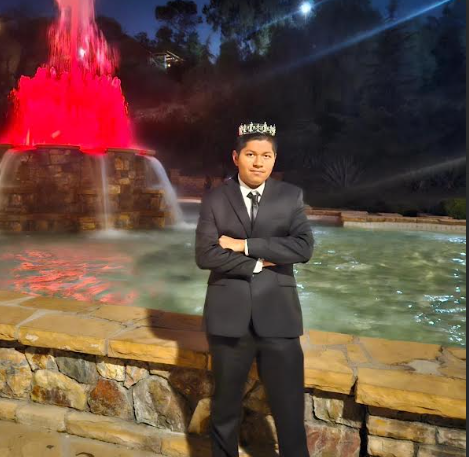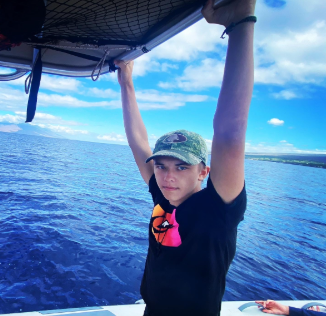Cancer statistics are alarming, so alarming that they even catch the eye of cancer survivors.
According to the American Cancer Society out of the individuals who survived beyond the age of 28 years, the risk of suicide was significantly elevated among individuals with a childhood cancer history. He also found that there was an elevated risk for those diagnosed at the ages of 10 to 14 years. And these are just for those who survived.
These stats are so startling that senior David Padgett, a childhood cancer survivor, was compelled to pursue a 10-month long investigation to find out why. Why was there a higher risk of suicide for childhood cancer survivors after 28. Why were 10 to 14 year olds more affected? What started as a feature story about childhood cancer survivors turned into a year-long project.
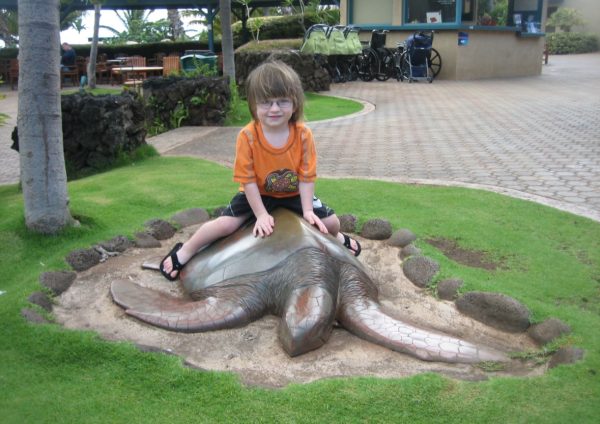
Padgett was surprising people from a young age. When he was just 10 months old he learned to walk. His first word? Turtle. However, at age 7 he was diagnosed with lymphocytic leukemia.
“I felt like our lives were put on hold for three years,” said Marci Padgett, David’s mom.
David agrees: “My purpose in life was to beat cancer for three years. That was my entire life at that moment, was to go to the hospital, get treated. Be done, move on with my life.”
When he finally received the news that he beat cancer at age 10, what did David get to reward this momentous occasion? A cheaply made trophy made in China.
He thought the worst was over after he beat cancer and even had a trophy to display, but he found that survivor’s guilt came back to bite him.
In short, survivor’s guilt is a term to describe the feeling of remorse for surviving an event or experience that others have not. It is often associated with soldiers coming back from war.
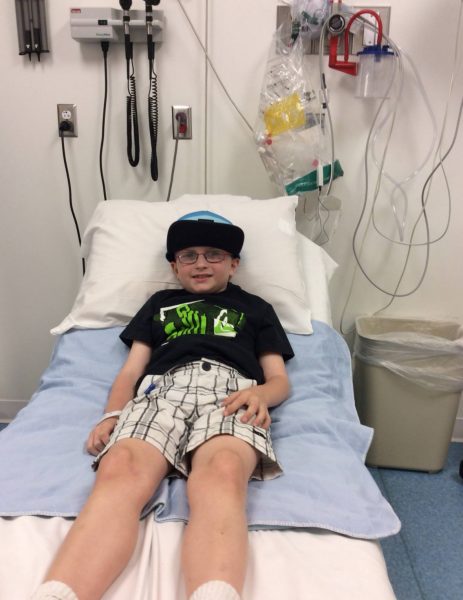
Padgett knew he was lucky. He knew he should be grateful for being able to go back to a “normal” life. When trying to return to normalcy Padgett wanted nothing more than to completely separate from his past. Going to Fullerton instead of his home school Troy, taking AP and Honors classes, and joining baseball were ways he tried to “build a new life” for himself.
But, by his junior year, David felt something was missing.
“I felt I had achieved everything that I wanted at that point in my life because I had set the standard for myself and I hit the limit,” Padgett said. “I hit my mark exactly where people treated me exactly as they would anyone else. At this time too before I got hurt in baseball, I was throwing really hard and doing really well.”
Once again, Padgett was forced to search for a purpose that did not involve anything cancer related and was a step up from all his academic and athletic accomplishments.
During his sophomore year, English teacher and journalism adviser Kimberley Harris recruited Padgett for journalism from her honors English class. What Padgett did not know at that time is just how much journalism would change his life.
Like many, for the first year Harris was unaware of his history with cancer. After hearing him talk about his experiences, she came to Padgett with a proposal to write an article about his cancer journey.
At first Padgett completely shut the idea out, still not wanting to acknowledge his history. However, after convincing, Harris got him on the idea to interview survivors and tell his story through others.
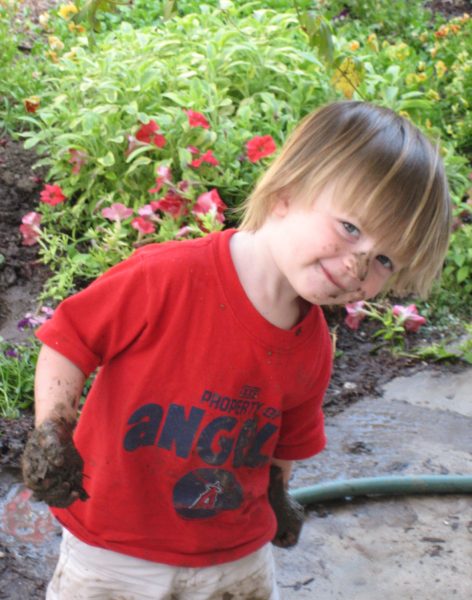
“He truly was the perfect person at the perfect time,” Harris said. “It was not that I just wanted him to do it, it was necessary that he write it because so many are unaware of the thought processes of cancer survivors.”
In total, Padgett interviewed eight people, six women and two men. One of his interviewees was with another cancer survivor Eliza Placencia. Previously never wanting to open up about his experiences, this interview flipped a switch.
“Before the interview I was terrified, I guess I was using journalism as a block, as a barrier between me and her to kind of still separate us,” Padgett said. “Before I sat down in my chair I was just breaking the ice, right, like an interviewer does. When I was doing this she looked me right in the eyes and said I’ve lost a lot of friends looking at me. In that moment, I knew that there was no hiding. There was no separation between me and her. There wasn’t a barrier, there was nothing and so I opened up.”
Padgett found his strength in interviewing. Even Harris saw this as his superpower.
“David really is one of the best interviewers I’ve ever seen,” Harris said. “His ability to just have genuine conversations and make people comfortable is so rare to see.”
Over time as he interviewed more survivors and even doctors, David found that his paper that was supposed to just be an article was a much bigger issue that was deserving of a larger platform. His goal shifted from trying to writing an article for the Tribe Tribune to drafting a full book.
His interviews pushed him to become more open about his own experiences. This was put on display when his mom, as a volunteer for the Gold Rush Foundation, came to him asking if he would be willing to be a guest speaker for a cocktail party the foundation was hosting. At first, he was opposed to the idea. But after more thought, he found the courage to speak.
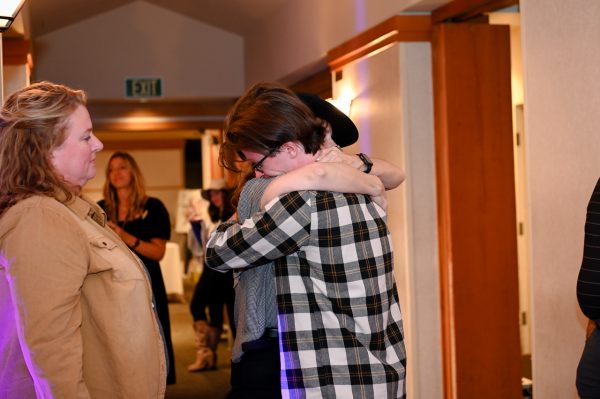
Padgett prepared a whole script and planned every word he was going to say, but when he got up on stage, his voice had other ideas.
“When I got up there I broke down simply and I treated it like a conversation once more,” Padgett said.”I opened up with a joke, of course, but when it became time to tell them what I was writing, what I was doing, what I faced, what I have found, I broke down and it was raw. They could hear like just the pain. It was like a release.”
When people came up to Padgett after his speech saying that they never knew what cancer survivors go through, it was then that Padgett realized just how much power his words hold.
Many take journalism as an easy elective, but to Padgett, it became his form of expression.
“I don’t really care for points or a grade. I don’t do things for grades,” Padgett said. “I tell everyone who joins this class that you make this as hard as you want it. I’ve made this my hardest class of all time and this book I’m writing is truly the hardest thing I’ve ever done in my life.”
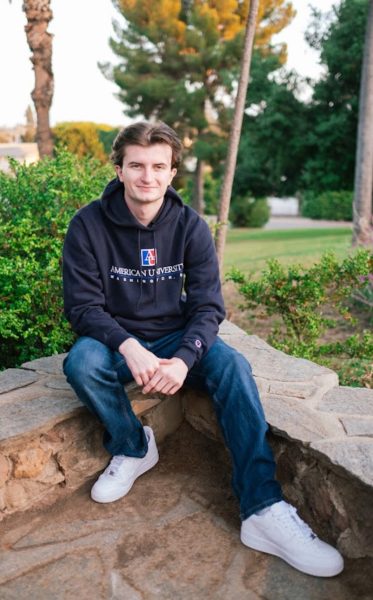
Padgett landed on the name Cancer’s Shadow for his book in progress. While it was originally aimed at telling the stories of other cancer survivors, Padgett decided that the first chapter of the book was going to be about his journey with cancer.
“Cancer is like a shadow because to me it’s like a looming figure,” Padgett said. “It’s literally like someone standing behind you. And also not being able to feel seen or being able to speak, it truly feels like a void.”
Whether he wanted to admit it or not, cancer had a lasting impact on his life. Being like a shadow, there are certain aspects of cancer that sticks with him in his everyday life. For one, the smell of the hospital he spent three years of his life in and out of still lingers.
“It’s just like sterile. It’s so sterile that your nose hurts. Like a bunch of alcohol up in your face,” Padgett said. “It’s alcohol all the time. And so that’s why the smell gets to me. It’s just like seeing harm’s face. Just the other day I passed by a cleaning cart and it totally like triggered that inside of me.”
With his book, Padgett hopes to bring the struggles of childhood cancer survivors face, from the survivor’s guilt they face to the need for them to find a purpose.
“I don’t want it to and I don’t think it’ll solve anything,” Padgett said. “My goal is that even just one person, and I know I’ve already helped one person in the form of talking to them, but just one person, if I could get to one person, then that one person can share to another person and more and more and more. And maybe also inspire someone.”

